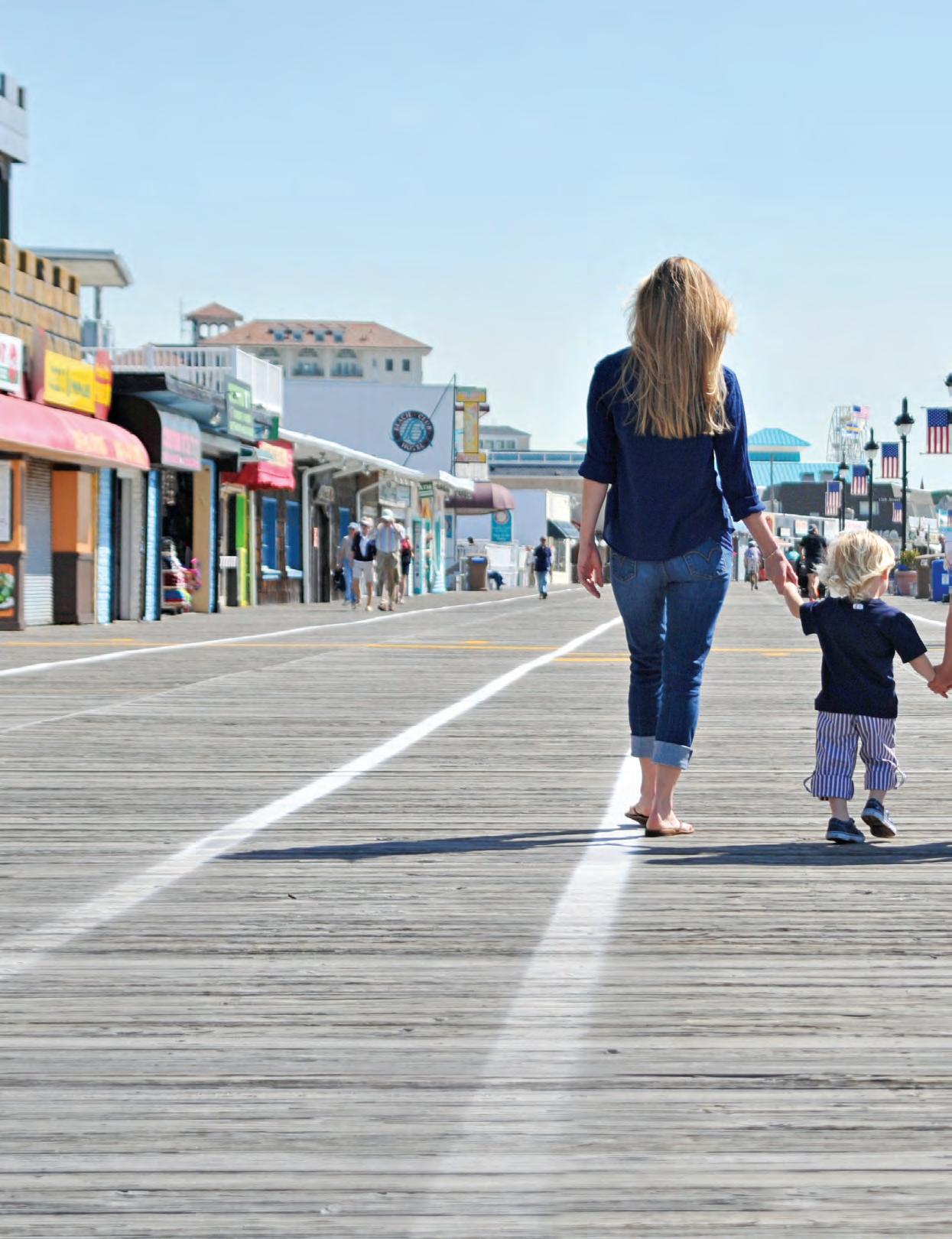n by Robert Frederick
The author’s father (left), and the author as a young child
Father Figures I’M SITTING ON a sunny rooftop, preparing to meditate, with the intention of having a conversation with the childhood me. Certain aspects of my upbringing were difficult. That child from long ago could use some empathy. I take deep breaths as my thoughts go to my father. I was born in South Baltimore in a rough area called Cherry Hill. My mother had me at 17—a child raising a child. My mom left my father when I was 2 years old. Being raised by a single mother, I often wondered what I was missing, not having my father around. I thought my dad was a superhero. All of my relatives raved about his ath-
36
letic feats. A top-ranked wrestler in the state, he went on to wrestle for the Army, making the team as the only athlete who did not wrestle in college. At 19, he was drafted to serve in the Vietnam War. As for so many men of color, the experience left a lasting, negative impact. I remember, as a little boy, watching my dad walk on his hands. He was so good at it that he could walk up steps. I wanted to be like him and spent hours practicing, doing headstands against the living room closet. By the time I was 4, I had achieved my goal. I wanted so badly to show him and see the pride in his face. I just wasn’t sure when I’d see him again.
There were long periods of time in which my dad was not around. No visits or phone calls. I missed him very much. So much time was lost over the years, when I needed him to be there to guide me. As it turns out, I didn’t need a superhero. I just needed a dad. I continue to meditate, telling my younger self what his life is like now. I tell young Robert that he is the father of two wonderful, smart, athletic and kind sons, Jackson and Sawyer. I tell him these two boys are living very different childhoods than the one he had to endure. They are growing up in a stable, loving environment, with a dad who is present in their lives. They have a father who cooks, takes them to practices, helps with homework and is happy to watch a movie or talk over a game of chess. Their dad tells them he’s proud of them and gives them kisses, just because. He and their mom, Whytni, take them to museums, plays and foreign countries, where they can experience different cultures. They have been exposed to a world far beyond the one young Robert knew as a child. Their dad tries his very best to be a good dad. My younger self’s eyes light up—he smiles with joy. I confide to young Robert that it’s difficult being a father. I feel like I’m learning as I go, with no person to model myself after. I wonder, at times, if I’m doing the right things for my boys. Am I loving them enough? Showing them enough affection? Am I too permissive or too strict? I hope I am showing them what a good father does for his children. It would bring me so much happiness to one day see them with families of their own, building upon what I have given them so that they can become even better fathers to their kids. Before we married, Whytni once asked what I wanted most out of life. My response was simple: I told her I wanted to be a good dad. She says that was the
COURTESY PHOTOS
my life
May/June 2021 n ArlingtonMagazine.com
my life.indd 36
3/29/21 9:17 AM










